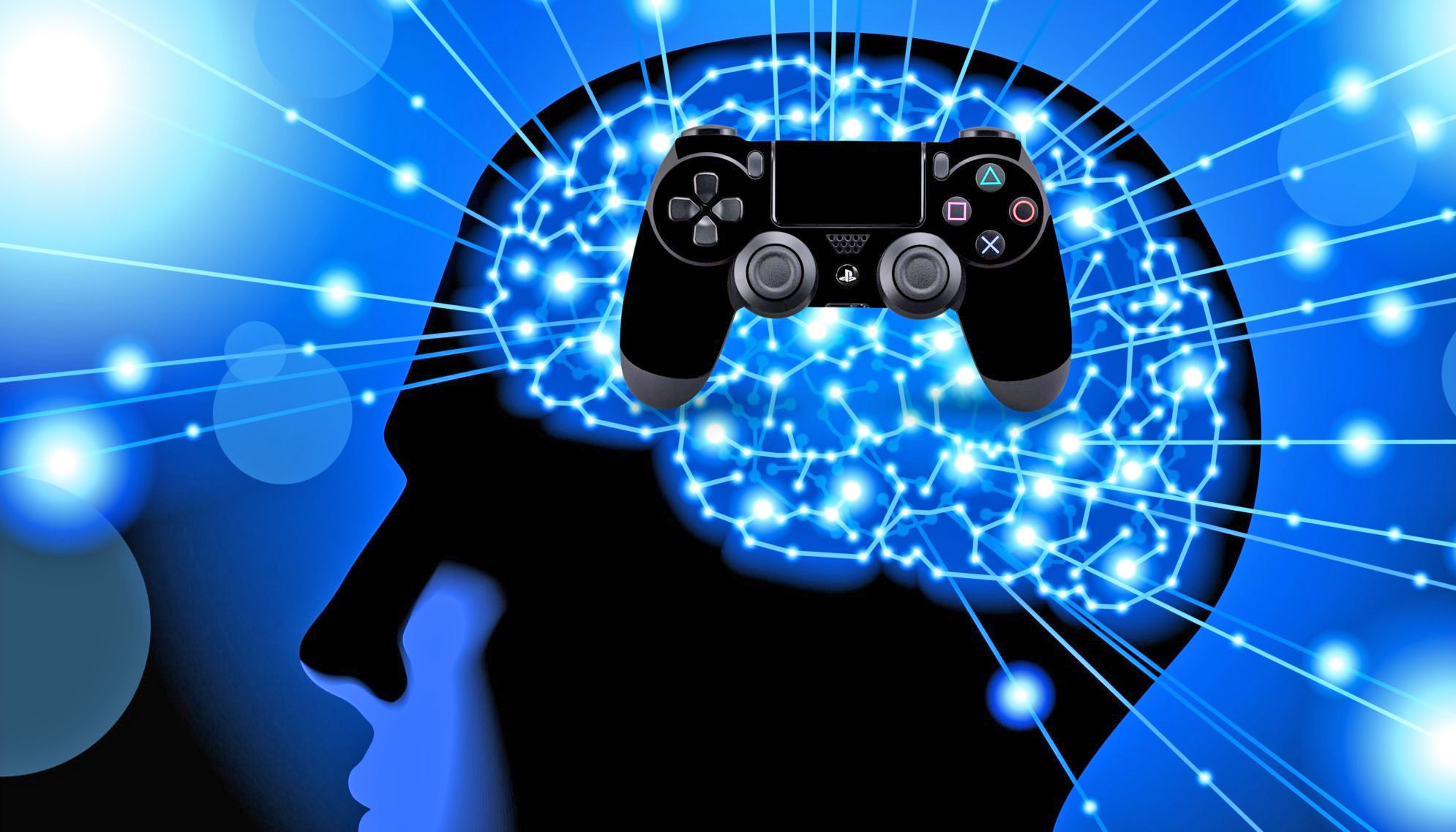The impact of video games on mental health has long been a topic of debate, with divergent viewpoints shaping the discourse. Some argue that gaming can have detrimental effects on mental well-being, citing concerns such as addiction, social isolation, and increased aggression. However, others contend that gaming can be beneficial, particularly when approached in moderation and with mindful engagement. Research suggests that certain types of video games can enhance cognitive abilities, problem-solving skills, and social connections. Moreover, gaming can provide a source of stress relief, entertainment, and even therapeutic benefits for some individuals. Nevertheless, the potential risks associated with excessive gaming and inappropriate content cannot be ignored, as they may exacerbate mental health issues or lead to addictive behaviors. Ultimately, understanding the impact of video games on mental health requires a nuanced approach that considers individual differences, gaming habits, and the broader societal context in which gaming occurs.
The Potential Benefits of Gaming
Research suggests that gaming can indeed have positive effects on mental health, countering the prevailing notion of its detrimental impact. Engaging in video games has been consistently linked to a myriad of cognitive benefits, notably improvements in problem-solving abilities and spatial awareness. Furthermore, gaming offers a unique avenue for individuals to experience a sense of accomplishment, whether through completing challenging tasks or achieving milestones within the game. Additionally, the social aspect of gaming cannot be understated, particularly in the realm of online multiplayer games. Here, players have the opportunity to collaborate, communicate, and form meaningful connections with others, fostering a sense of camaraderie and belonging. These findings highlight the potential therapeutic value of gaming, as it provides an accessible and enjoyable means for individuals to enhance their cognitive skills, experience achievement, and forge social connections, ultimately contributing to overall mental well-being.

The Dark Side of Gaming
However, it’s important to acknowledge that excessive gaming or gaming addiction can indeed have significant detrimental effects on mental health. Numerous studies have uncovered associations between excessive gaming and heightened levels of stress, anxiety, and depression among individuals. The immersive nature of gaming can contribute to compulsive behaviors and withdrawal symptoms, leading to difficulties in regulating gaming habits. Furthermore, gaming addiction often results in the neglect of other responsibilities, such as work, school, or personal relationships, which can further exacerbate mental health issues. Additionally, prolonged gaming sessions may contribute to social isolation, as individuals may withdraw from real-life interactions in favor of virtual worlds. Consequently, these detrimental effects underscore the importance of promoting responsible gaming habits and recognizing the potential risks associated with excessive gaming, in order to safeguard individuals’ mental well-being and overall quality of life.
Moderation is Key
Like many activities, moderation is essential when it comes to gaming. Enjoying video games in moderation can provide entertainment and relaxation without negatively impacting mental health. Setting limits on gaming time and prioritizing other activities, such as exercise and socializing, can help maintain a healthy balance.
Understanding Individual Differences
It’s important to recognize that the impact of video games on mental health can vary from person to person. Factors such as personality traits, gaming habits, and overall lifestyle can influence how gaming affects mental well-being. Some individuals may be more susceptible to the negative effects of gaming, while others may experience mostly positive outcomes.
The Role of Content and Context
The content and context of video games also play a significant role in their impact on mental health. Games that promote violence, aggression, or unrealistic body standards may have more harmful effects on mental well-being. Conversely, games that emphasize creativity, problem-solving, and positive social interactions are more likely to have beneficial effects.
Conclusion
In conclusion, the impact of video games on mental health is complex and multifaceted. While gaming can have both positive and negative effects, moderation and awareness are key. By understanding individual differences, being mindful of content and context, and prioritizing a healthy balance of gaming and other activities, individuals can enjoy the benefits of gaming while safeguarding their mental well-being. Ultimately, it’s about striking a balance that promotes overall health and happiness.











